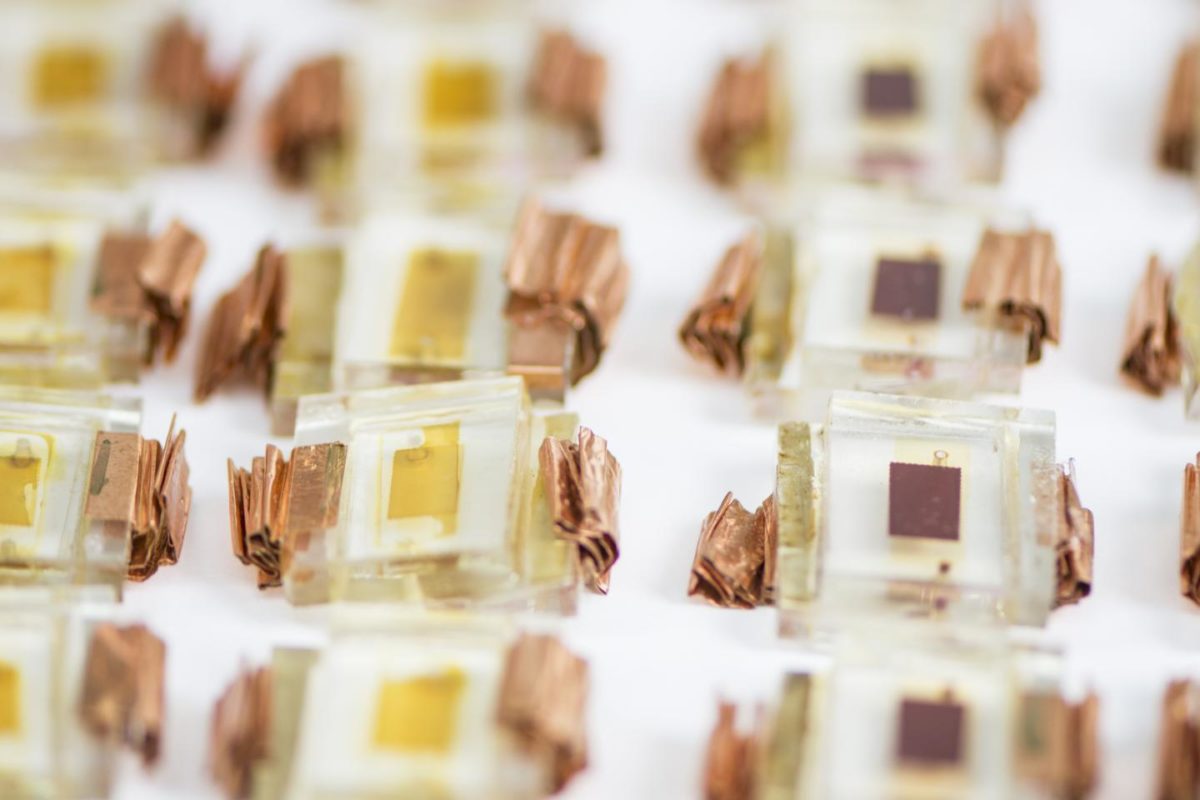A group of researchers from Finland’s Aalto University has found that most stability tests conducted on perovskite and dye-sensitized solar cells are being performed inadequately.
The research team claims that the kinds of tests most commonly conducted currently lack common standards and are frequently not conducted in real-world conditions nor across groups of several cells.
Overall, 261 aging tests were analyzed. “In about half of the aging studies, the data was published only for one solar cell. Studying only one cell does not yield a sufficient amount of data to reliably compare how different materials age, that is, lose efficiency over time,” said one of the research’s author, Armi Tiihonen.
Other shortcomings in current tests were also found by the research team, which stressed that only a third of tests reported the intensities of visible and UV light, humidity and temperature; and that around 52% of tests didn’t even mention the intensity of UV light.
On top of this, the Finnish scientists have discovered that only half of the tests were performed uniquely in dark conditions, with only 15 tests being conducted outdoors. Furthermore, they revealed that only three tests were made using modules comprising several cells connected together.
“'The field needs common standards. High-quality, well-reported and standardized tests would reinforce the confidence of industry and investors in the technologies,” said the research’s coordinator Kati Miettunen.
The research group is now planning to organize a series of conferences to invite other specialists for establishing common guidelines and standards for aging tests.
This content is protected by copyright and may not be reused. If you want to cooperate with us and would like to reuse some of our content, please contact: editors@pv-magazine.com.




1 comment
By submitting this form you agree to pv magazine using your data for the purposes of publishing your comment.
Your personal data will only be disclosed or otherwise transmitted to third parties for the purposes of spam filtering or if this is necessary for technical maintenance of the website. Any other transfer to third parties will not take place unless this is justified on the basis of applicable data protection regulations or if pv magazine is legally obliged to do so.
You may revoke this consent at any time with effect for the future, in which case your personal data will be deleted immediately. Otherwise, your data will be deleted if pv magazine has processed your request or the purpose of data storage is fulfilled.
Further information on data privacy can be found in our Data Protection Policy.